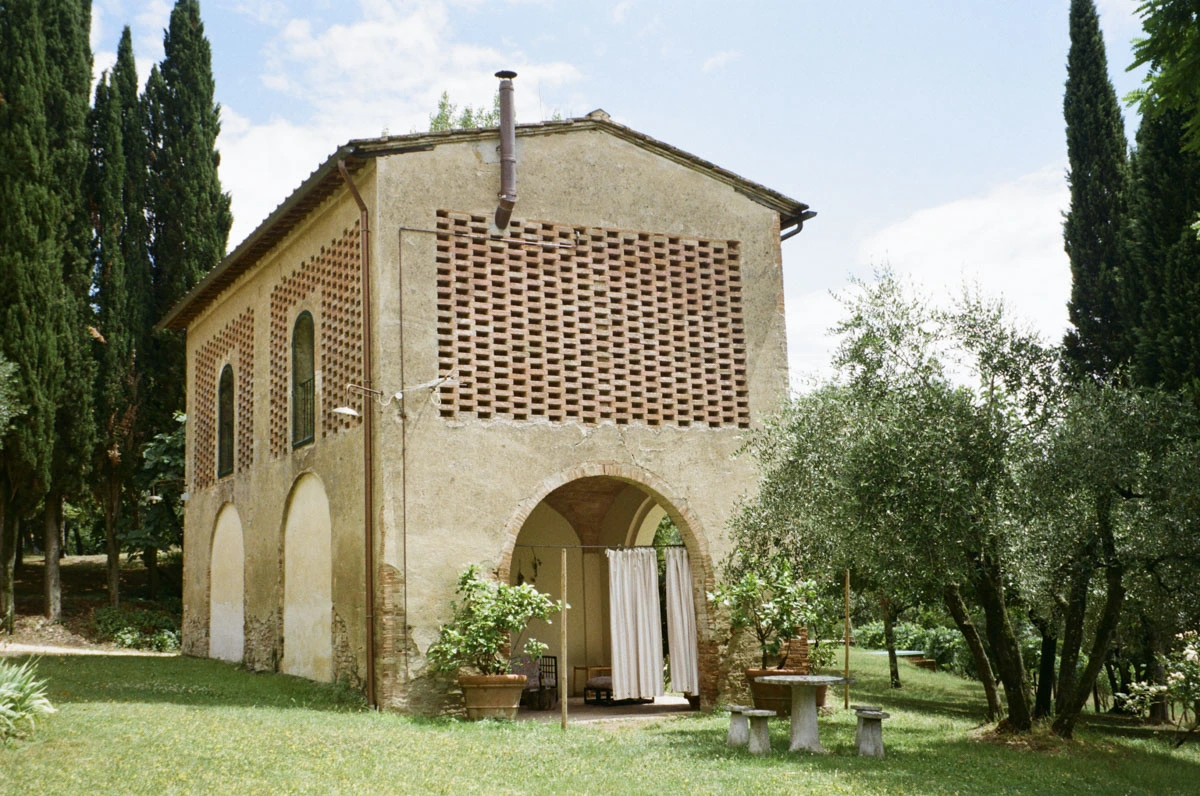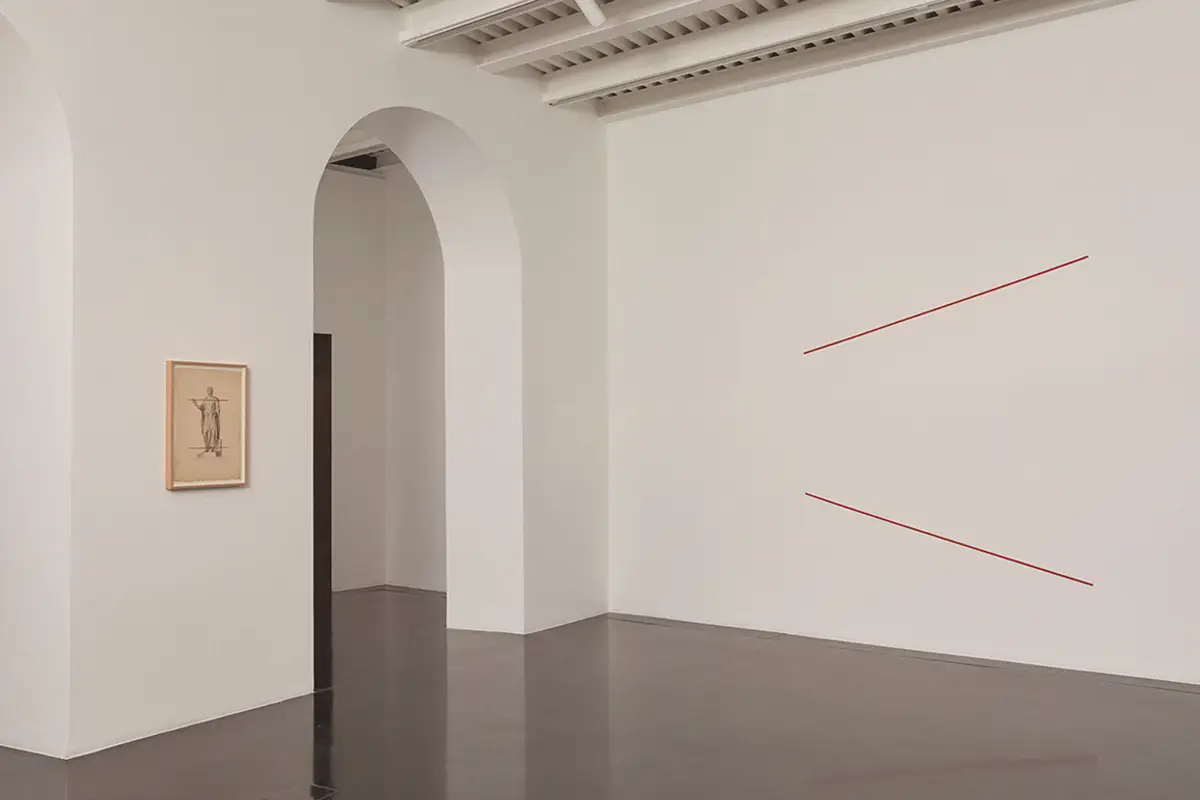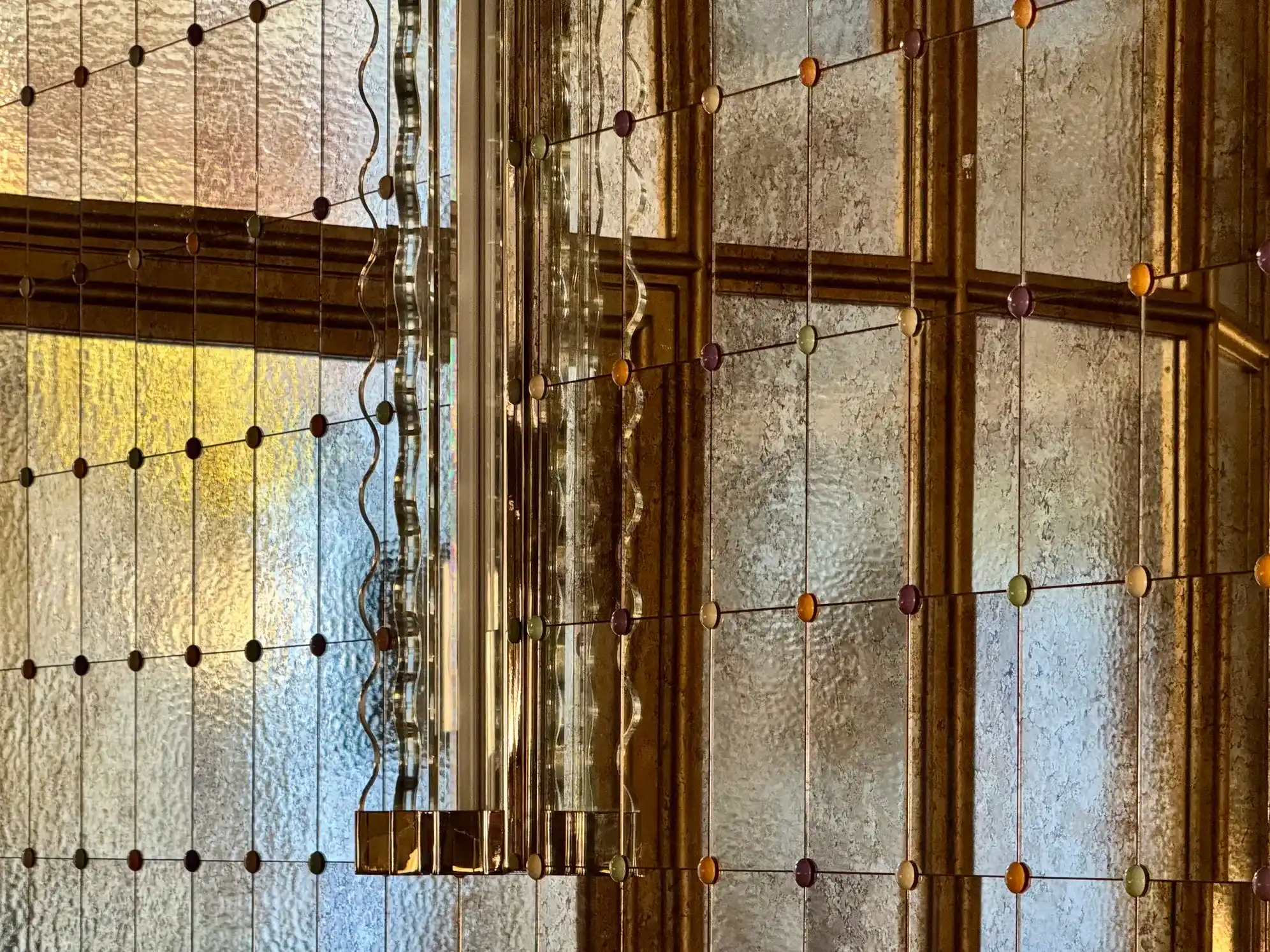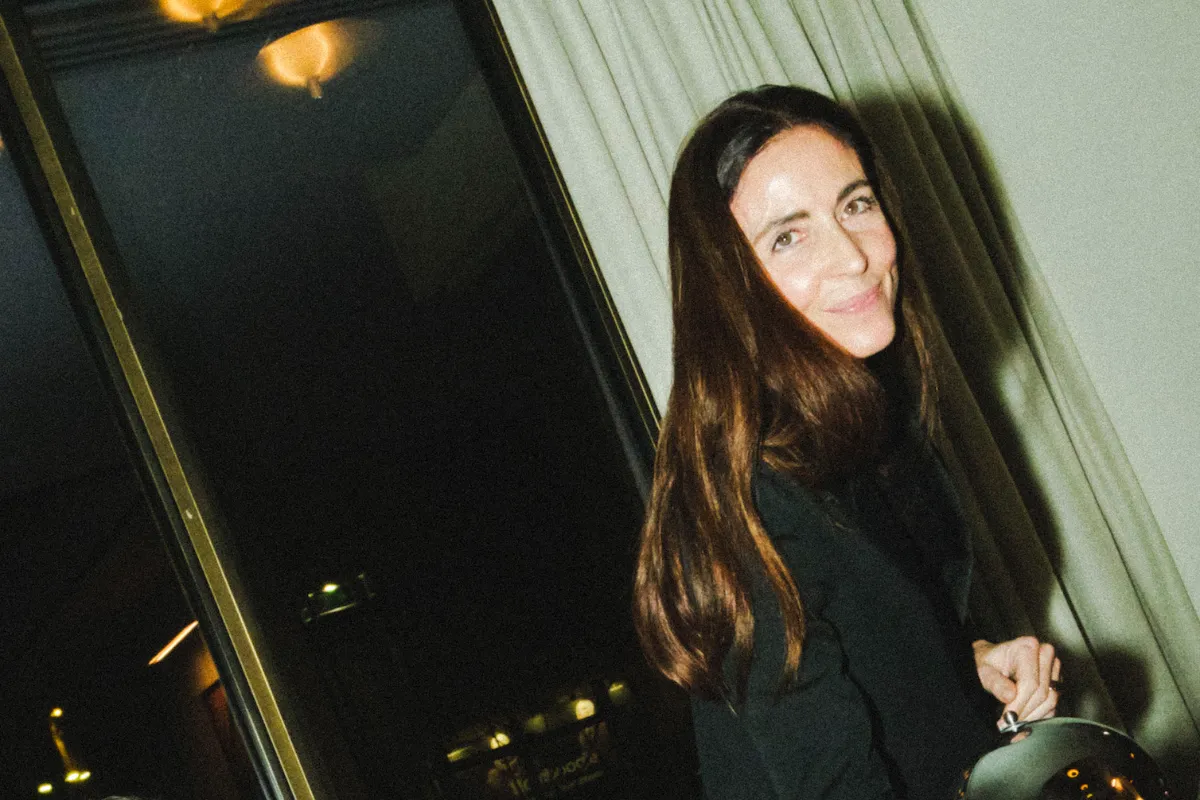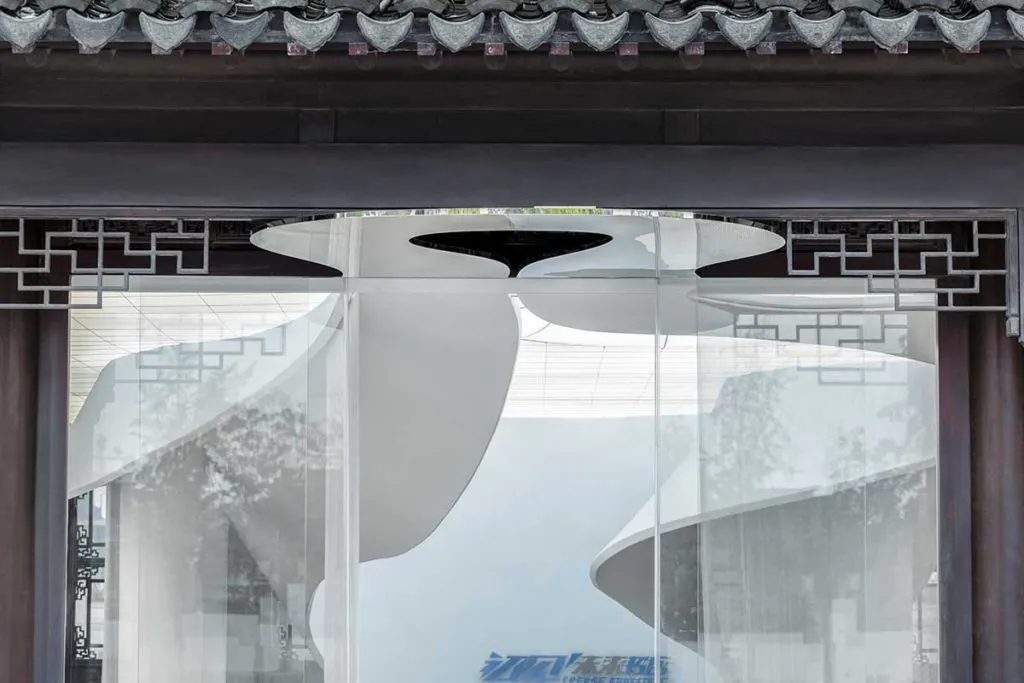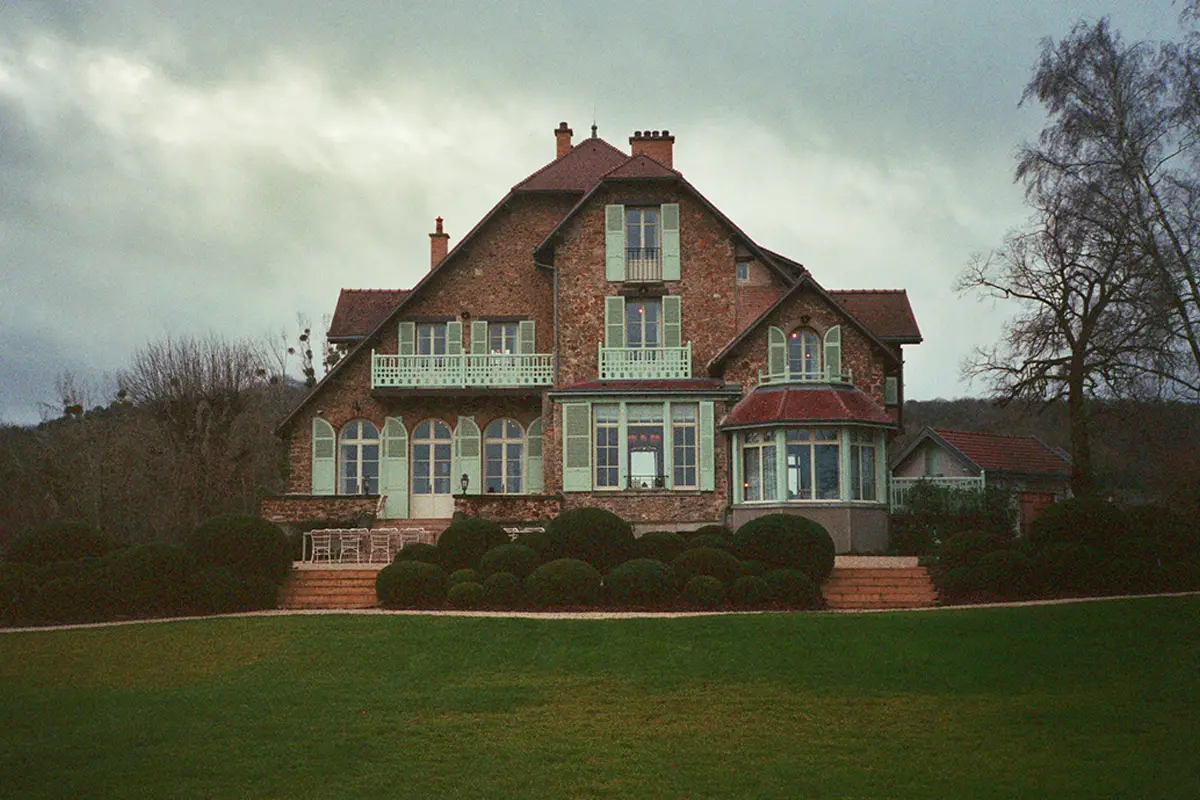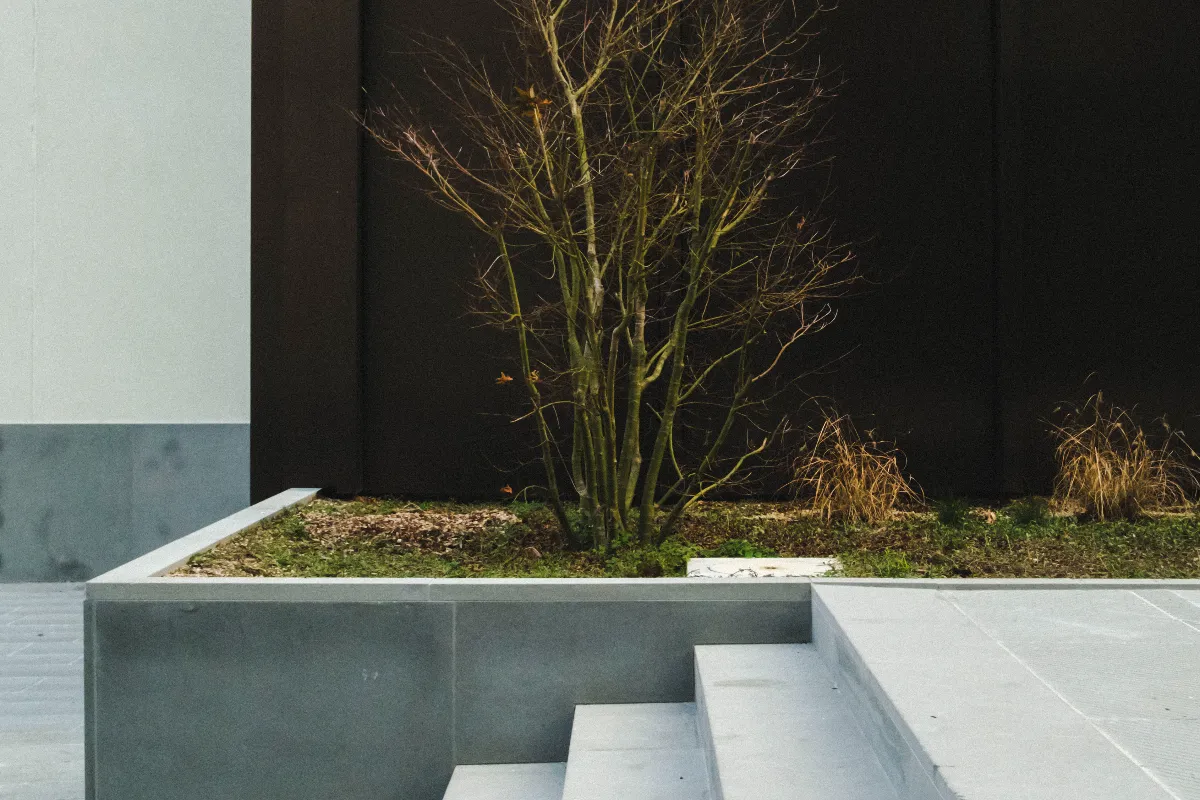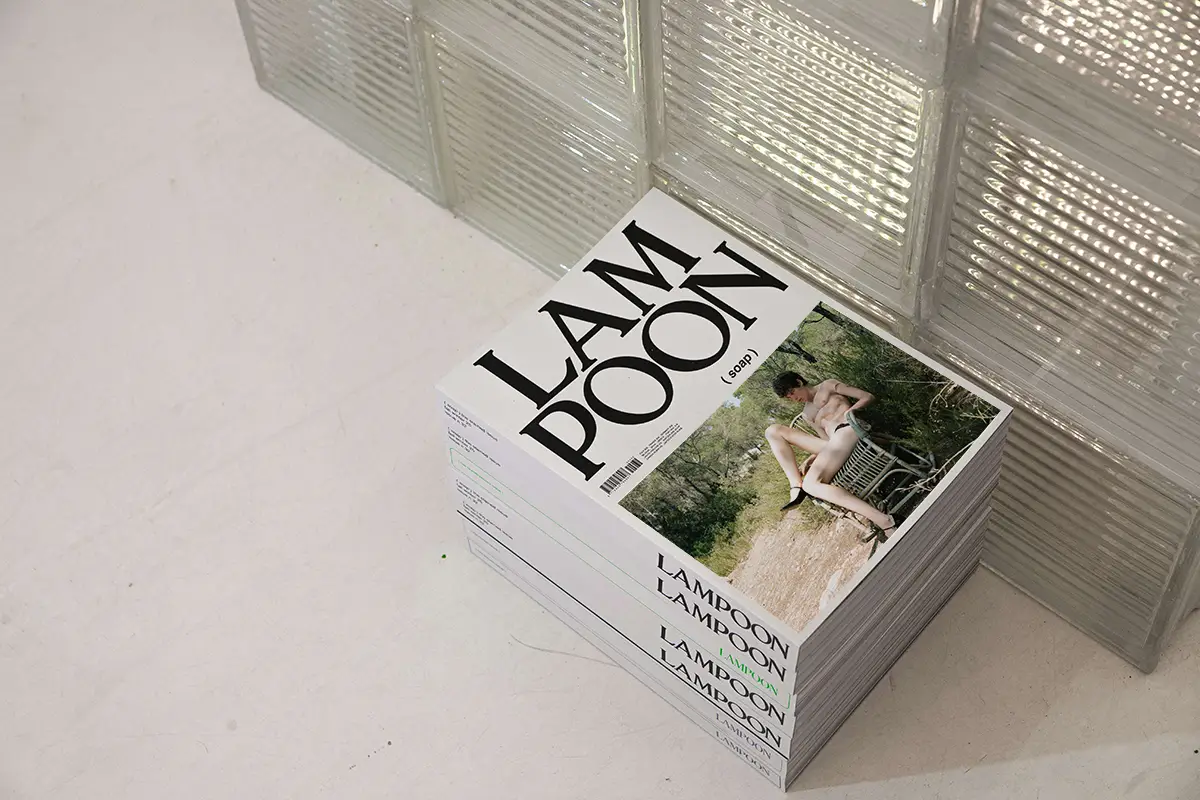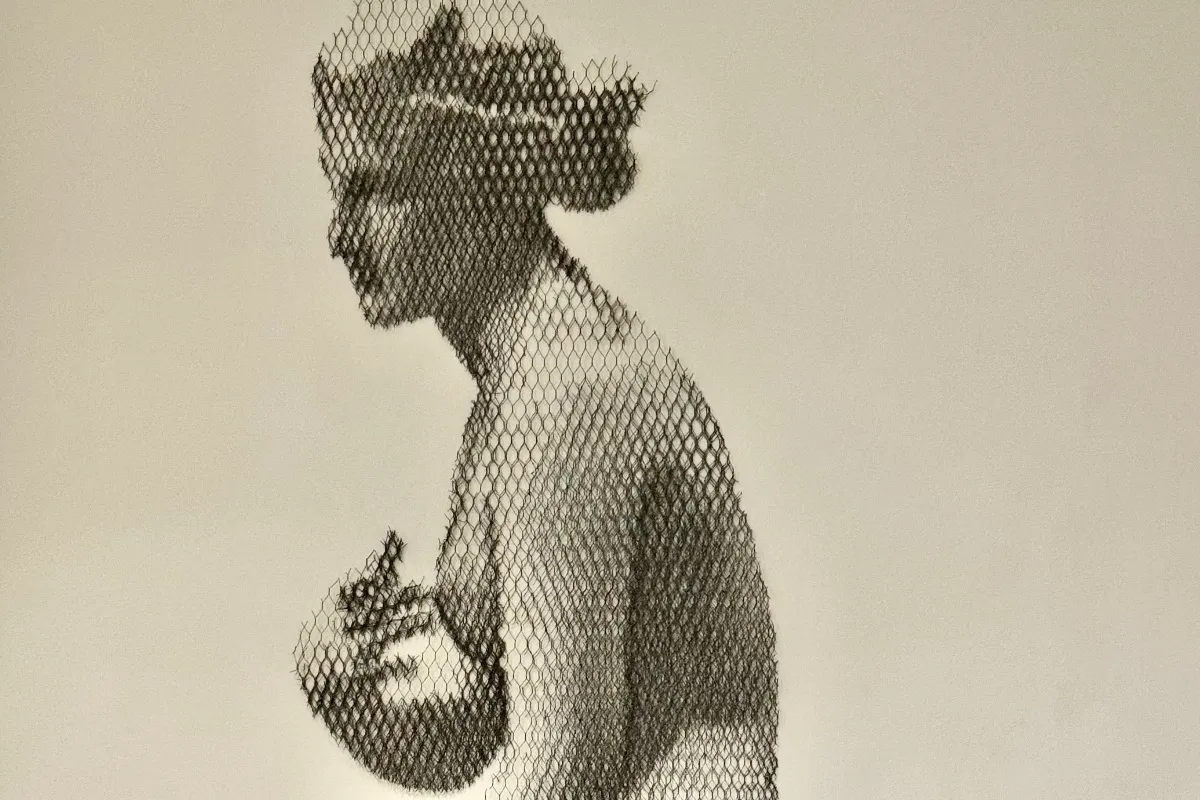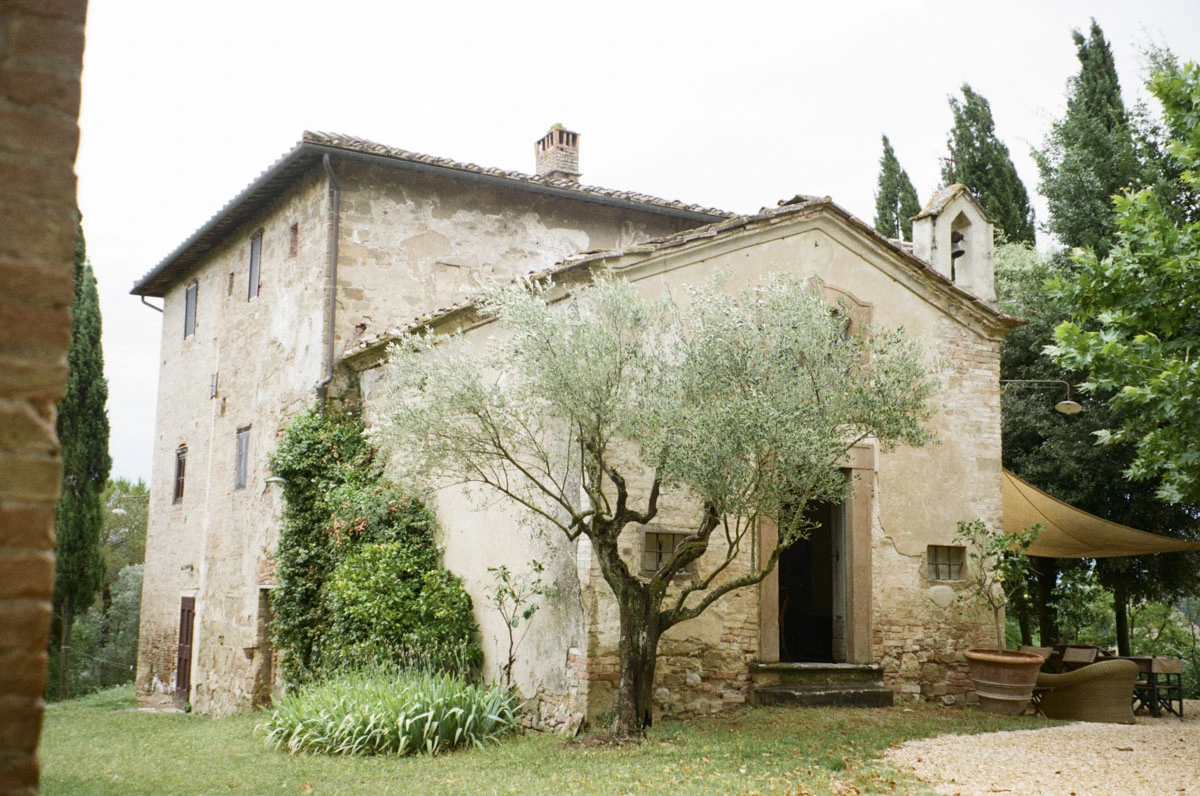
Casa Farsetti: a relational space for city castaways and digital anchorites
A real experience with real people, where human honesty and authenticity are non-negotiable values. Casa Farsetti dusts off a 1700s farmhouse with the spirit of a couple in their 30s betting on slow living
Casa Farsetti: a refuge for digital anchorites
An anchorite (from the Greek ἀναχωρητής anachōrētēs, derived from ἀναχωρεῖν anachōrêin, retreat) is a religious person who abandons society to lead a solitary life devoted to asceticism, prayer and contemplation. Anachoreticism, is a form of asceticism characterized by isolation, not always total, prayer, work for one’s livelihood and austerity of life. Anachoresis is the abandonment of society and escape into the desert.
It is an increasingly coveted gesture among the generation of thirty-somethings fleeing the cities in search of landfalls where the hustle and bustle, the rising cost of living, and the downsizing of one’s work ambitions are only distant memories.
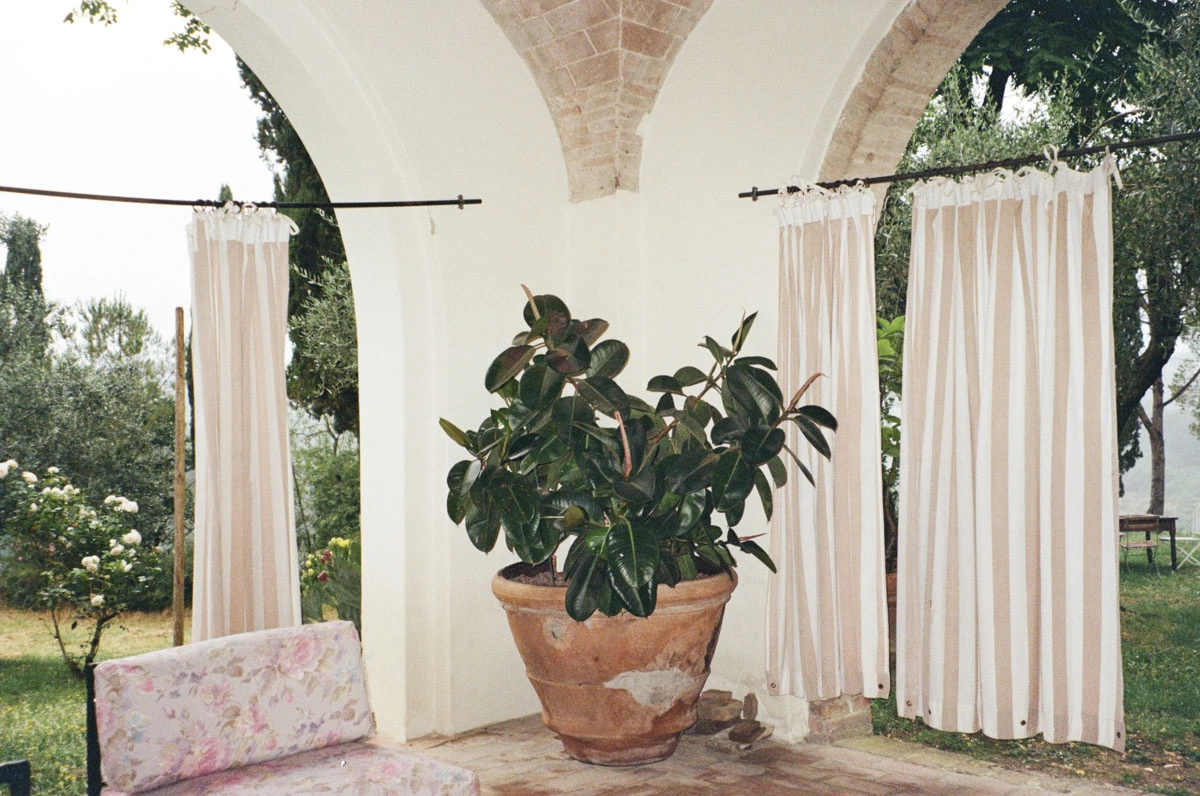
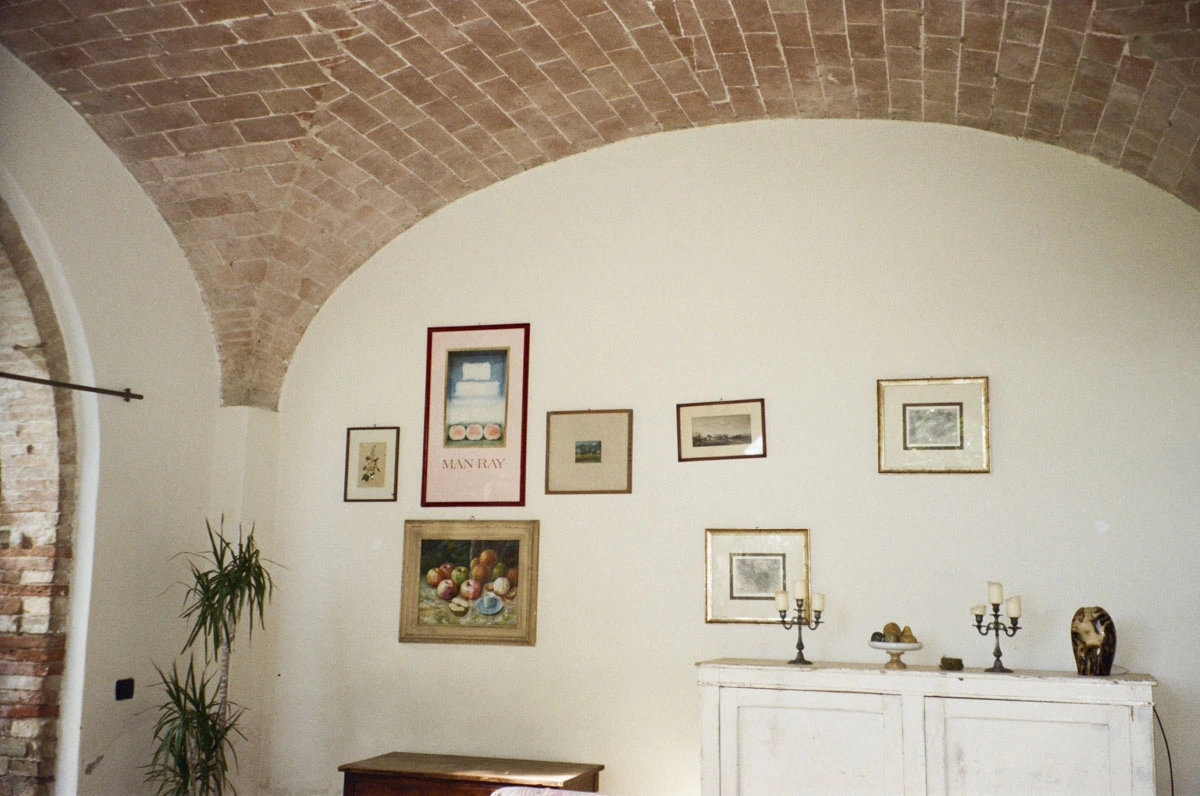
From a dilapidated house to a new home for city castaways
Tucked away among the roads winding through the hills of Tuscany is an old house recently spruced up by a young couple who live there. The color of the ochre stones and the irregular pattern emphasizes that the house is a historic home. Casa Farsetti was purchased by the Farsetti family in the 1980s, at the time in a dilapidated state. Rebuilt in the 1700s, the house is a complex of several buildings and a chapel, where the Pieve di Sant’Ippolito once stood.
A building that because of its history is proposed as an ascetic retreat, a space of isolation, not intended as a space of solitude, but rather a space where it is possible to cultivate social relationships in a more select, more dilated way. At Casa Farsetti time slows down those who pass through it for one reason or another become people charged with stories and energy to spread around them.
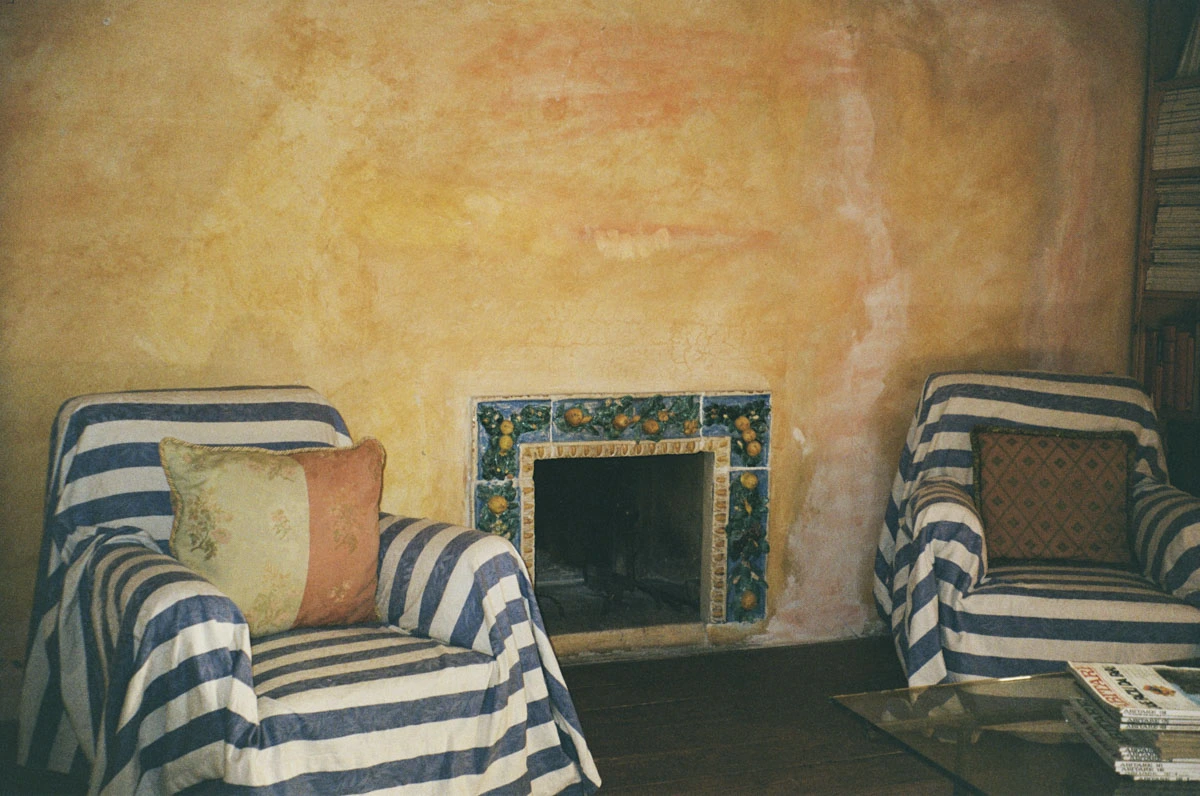
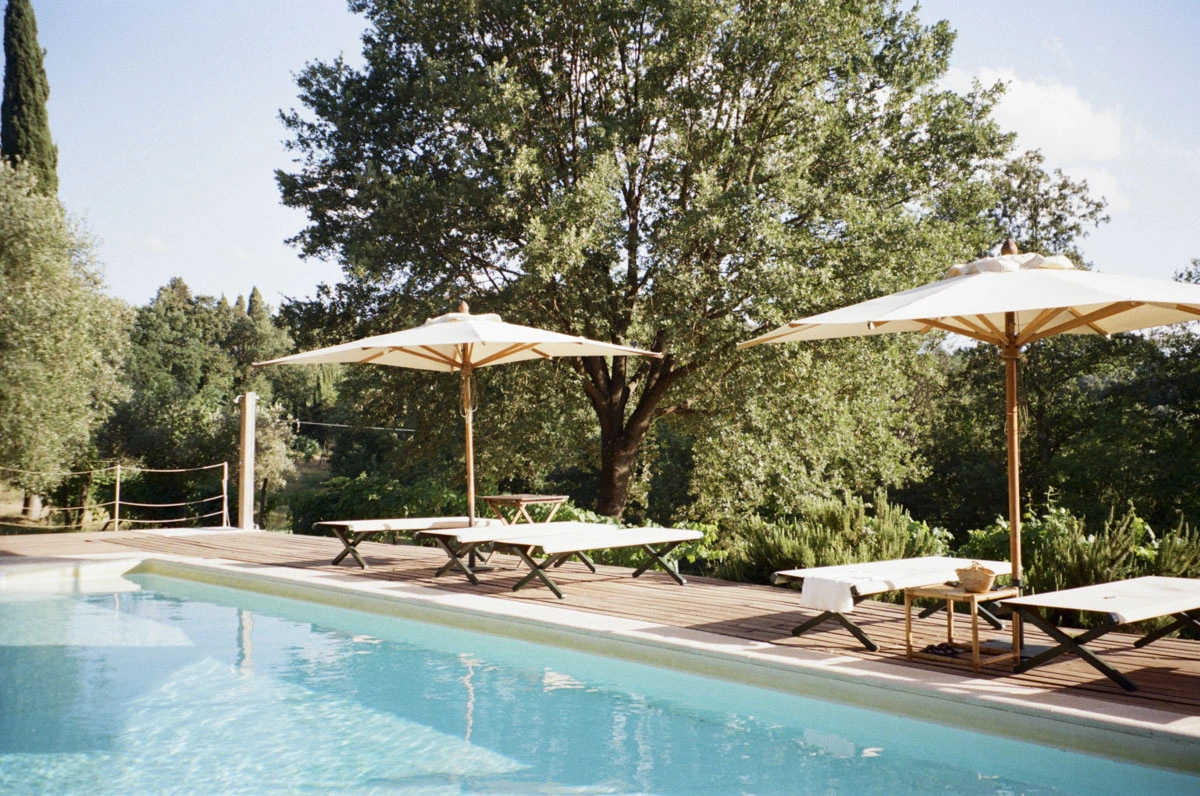
Andrea and Mavi from Casa Farsetti
Andrea and Mavi are the thirty-year-old couple who run the facility and have preserved the historicity of the house, enhancing the native vegetation and blending the tradition of the area with the spirit of their youth. Casa Farsetti is not just another structure. Here guests often come from far and wide, to escape from the world as in a monastic retreat, to immerse themselves in a real experience with real people, where human honesty and authenticity are non-negotiable values.
Guests can only book the whole house and not the rooms – this makes the place become an exclusive, intimate place for them. Mavi and Andrea are at their disposal, cooking, conversing and organizing musical, food and beverage events to delight them with the kindness typical of those who live in the countryside.
«Our interests, knowledge, passions interact with nature in order to reach selected people who feel they experience Casa Farsetti as a relational space. Music, art, fashion and food are present elements that, declined in our own way, become convivial with the rural context in which we are immersed», Mavi says.
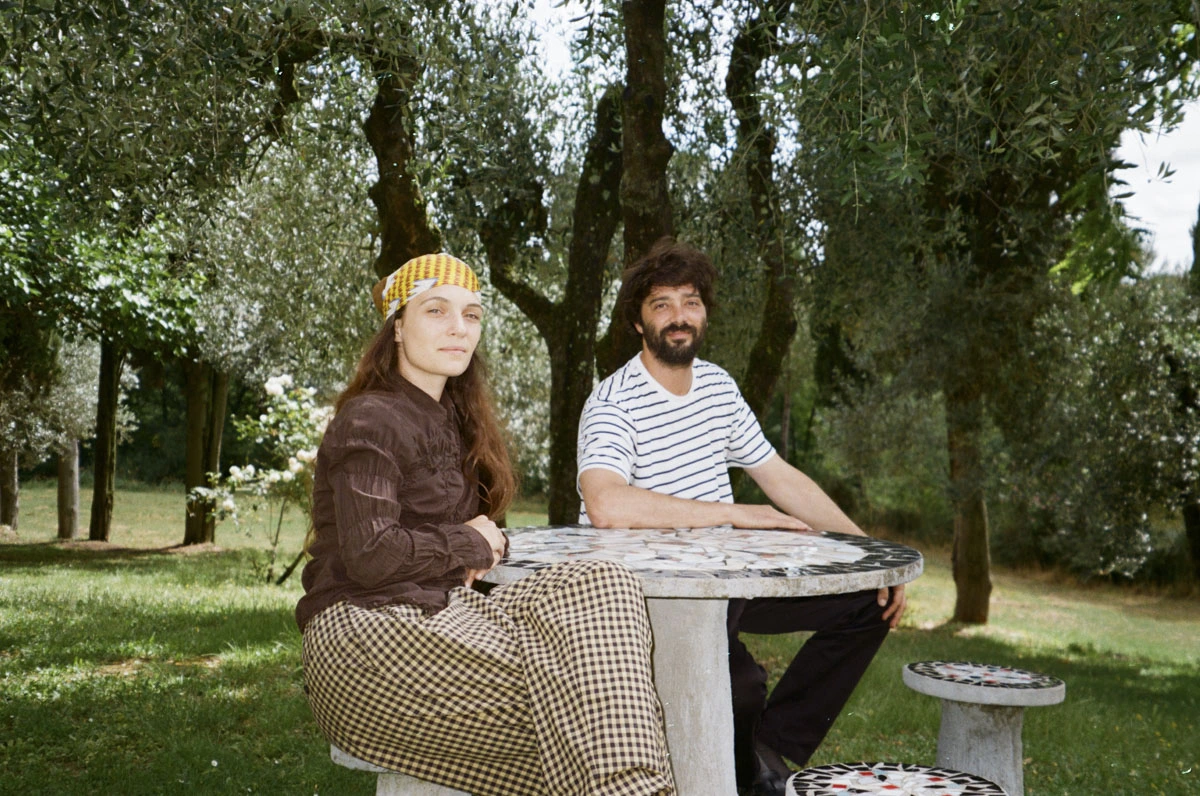
Casa Farsetti’s activities and values
In front of the pool, nestled among rosemary plants, olive trees and vineyards, is the couple’s home, which watches over like an attentive parent the guests and adventurers who find rest here. Mavi and Andrea organize breakfast and dinner for them, and many collaborate with such entities as Bar Versini. The cuisine, between traditional and experimental, starts from the territory. Vegetables are fresh from Mavi’s grandmother’s garden or come directly from the garden, which extends to the artichoke bed.
The couple offers their guests initiatives such as Vini-li – tastings of local wines selected by a friend, Filippo, and paired with vinyls; a beginner’s trekking trail from Renai to Castello di Oliveto; a summer truffle hunting with Lola and Dario; a wildflower and wildflower foraging; and Anukalana Yoga with Irene. With this in mind, the house stands as a bridge for human exploration of a territory, its practices and its mysterious net.
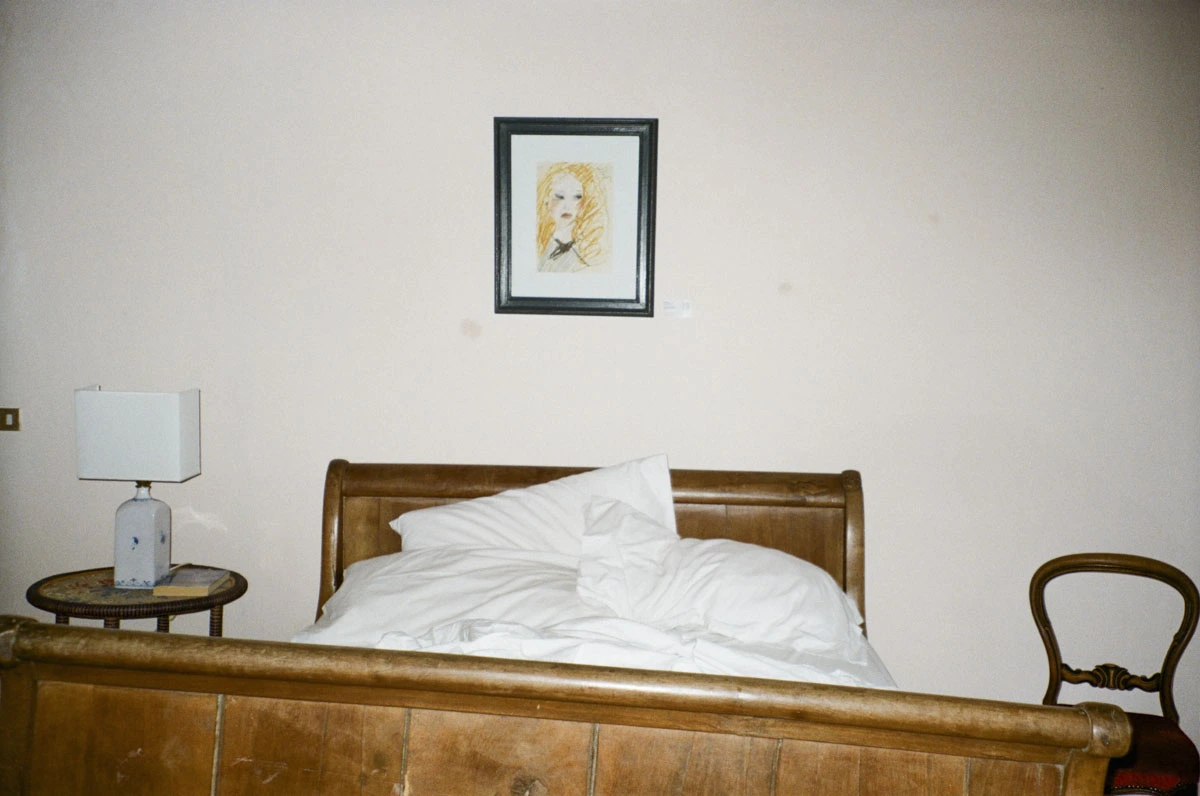
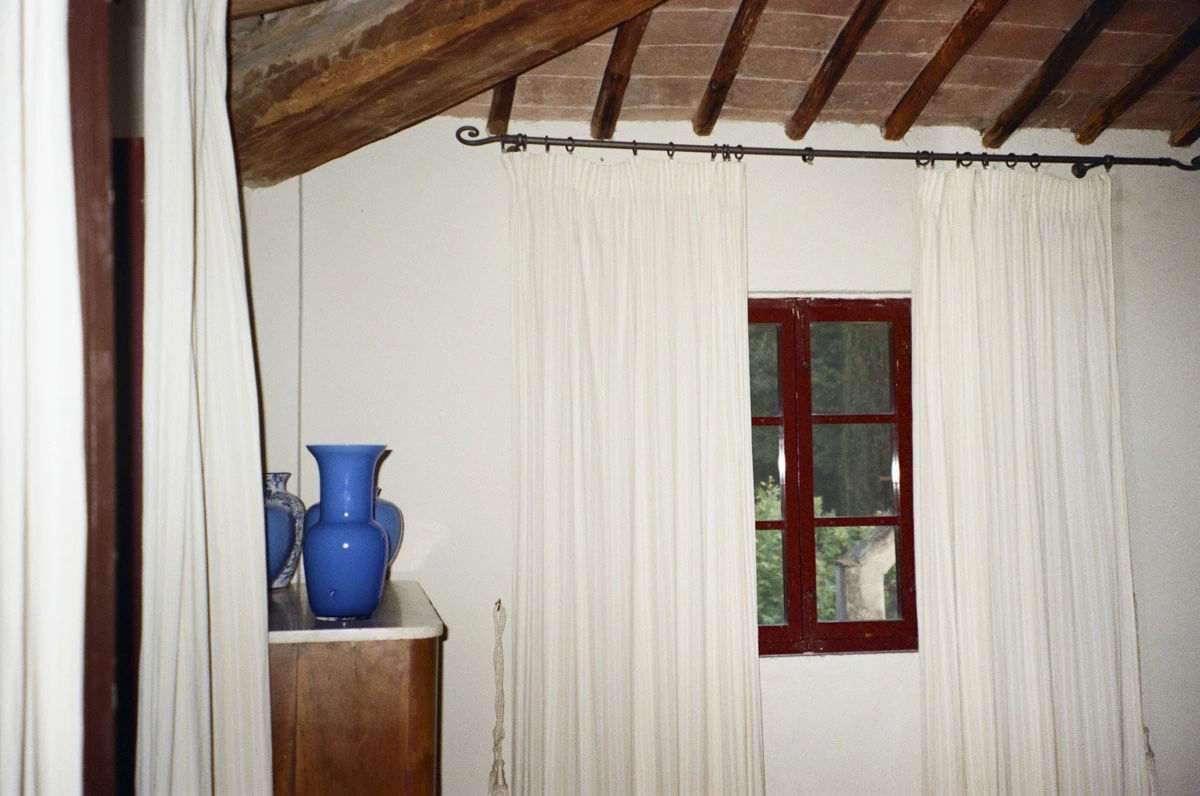
Casa Farsetti: an invitation to slow down, a necessary defatting to regain possession of one’s spirit
There are four bedrooms, each with details that tell the story of who lived there and the period in which it was built. Inside, wood and terracotta remind travelers that here you are in Tuscany. The scent of cypress trees enters through the window, and the only noise you hear is that of laundry waving in the sun. Everything here invites one to have a slow and sluggish life.
Casa Farsetti hides among the breasts of the Tuscan hills, a relational space for city castaways and digital anchorites. Here people can reacquaint themselves with the analog taste of life, rediscovering senses drowsy from lives that are too fast. An invitation to slow down, a necessary defatting to regain possession of one’s spirit.
